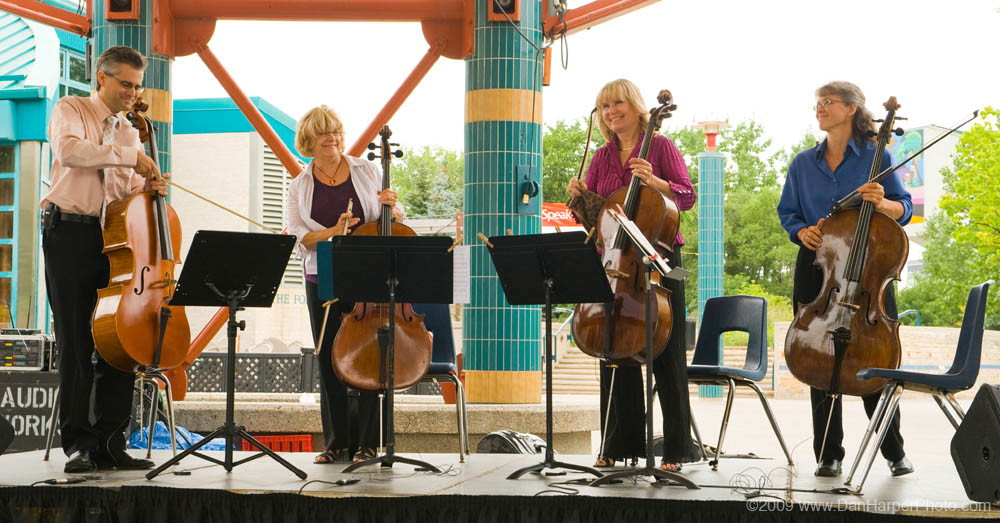‘Culture capital’ title dubious
Distinction not based on city’s cultural pedigree
Winnipeg was recently named one of the three cultural capitals of Canada for 2010. Our city will be receiving $2 million for arts programs from the federal government, so we probably shouldn’t complain, but it still begs the question – exactly what is a “cultural capital” and why are there three of them?
Canadian Heritage runs the cultural capitals program every year, selecting three cities based on municipal proposals for cultural projects. Winnipeg won the bid for the highest-population category. The other two winning bidders were Saguenay, Quebec and St. John, New Brunswick.
Since the designation is determined based on proposals for cultural projects, some question the significance of the honour.
“It is modeled after a long-standing program in the European Union,” said Carol Phillips, executive director of the Winnipeg Arts Council.
Although the title of the campaign is somewhat confusing, that doesn’t mean we shouldn’t appreciate the financial boost for the arts. The $2 million is expected to go a long way for arts in the city.
Events that will see some of these heritage dollars include the City Stories project.
“We’re going to have a mobile story exchange centre where writers will talk with people who want to stop by and chat and tell their stories,” said Phillips.
Another event that will happen is the River Barge Festival, a seven-day smorgasbord of free art and music at The Forks. Barges jam-packed with cultural entertainment will float along the river banks.
“ Exactly what is a “cultural capital” and why are there three of them?
Winnipeg will be the home of Canada’s first international cello festival, set to include concertos with the Manitoba Chamber Orchestra and renowned Manitoban cellists like Yuri Hooker, the principal cellist with both the Manitoba Chamber and Winnipeg Symphony orchestras.
Although not yet organized, Hooker is excited for the project.
“I’m really looking forward to being part of the consultation process,” said Hooker. “I’ll give it all the support I can.”
Some of the other highlights for 2010 include the induction of cultural ambassadors – something like poet laureates, who will have official duties including lectures and advocacy projects. There are expected to be ambassadors for music and literature, as well as visual and performing arts.
Since the announcement is recent, much is left unknown – or at least unofficial – such as how much money is going toward which events, dates and times of events and who will be the cultural ambassadors for the city.
Although none of the events are set in stone yet, the $2 million is. It looks like it’s safe to be excited for the cultural activities to come in 2010.
Published in Volume 64, Number 2 of The Uniter (September 10, 2009)







